
Commentaries | May 23,2021
May 11 , 2023
By Albert M. Muchanga , Pamela Coke-Hamilton
Africa has the power to change the terms of trade – from commodity-driven to value-added transactions – across the continent and globally. This is not wishful thinking.
Africa has what it takes through the agreement establishing the African Continental Free Trade Area (AfCFTA), one of the flagship projects of Agenda 2063, as well as other African Union (AU) industrialisation frameworks like the Accelerated Industrial Development for Africa, the Africa Mining Vision and the Africa Commodity Strategy.
The continent has buy-in at the highest levels of government and business at the helm, driving the implementation of continental integration through the Regional Economic Communities (RECs) as building blocks.
The AfCFTA, under which African countries began trading in January 2021, marks a milestone in Africa’s economic integration journey and is of critical importance given that trade is recognised as an engine of economic growth. It is vital in implementing the 2030 United Nations Sustainable Development Goals (SDGs) and the AU Agenda 2063.
Intra-African export potential amounts to 22 billion dollars, according to the International Trade Centre (ITC). Africa is rich in natural resources such as oil, minerals and agricultural products, historically the primary source of its export earnings.
Now, Africa must expand its focus beyond the export of raw commodities and instead prioritise the production of value-added goods, which can generate higher returns. This potential can significantly contribute to deeper economic integration and structural transformation across Africa.
Only 14pc of the continent’s exports are destined for other African countries, and that trade comprises primarily manufactured goods. The remaining 86pc of Africa’s exports to the rest of the world is composed mainly of commodities. Despite ongoing efforts to diversify sources of growth and trade, more than 80pc of countries on the continent remain highly commodity-dependent, according to the African Export & Import Bank (Exim Bank).
In the same vein, 45 African countries remain dependent on agricultural, mining and extractive exports, according to the United Nations Conference on Trade & Development (UNCTAD).
The question is, how to turn the tide?
That would require enhancing the capacities of the African private sector to play a more significant role in the industrialisation process, supply the AfCFTA market with value-added, innovative and sophisticated products, and increase Africa’s share of global trade.
Achieving Africa's structural transformation through industrialisation and economic diversification is crucial in ending centuries of commodity dependence and colonial trading models. The key to this transformation is making the African trade system more interconnected, resilient, sustainable and inclusive through regional and continental value chain development. On this front, the AU Commission and ITC will collaborate to promote export growth and diversification, anchored in manufacturing, agro-processing and services, and intra-African trade in intermediate goods.
Currently, the highest cost element in manufacturing is importing intermediate goods.
The AU Heads of State and Government adopted during the 17th Extraordinary Summit on Industrialization & Economic Diversification, held in November 2022 in Niamey, Niger, a roadmap to accelerate value addition, including the processing of Africa’s vast natural resources at source to promote green manufacturing.
One of the critical decisions was the appointment of Mohamed Bazoum, Niger’s president, as the African Union Champion on Inclusive, Sustainable Industrialization & Productive Transformation, under whose leadership the AUC will work with partners to follow up on outcomes.
The AU is working with its member states and RECs to promote regional integration to accelerate industrialisation, investing in firm competitiveness and refocusing production and trade structures. ITC and the AU Commission have identified 94 promising regional and continental value chains, with four sectors emerging as especially promising: pharmaceuticals, baby food, cotton and clothing, and automobiles.
The selection of these sectors aligns with the African goal of improving food security, health and tech skills. African businesses and industry experts confirmed that these are top priorities to promote inclusive economic growth. The next step is to work together to support the development of promising value chains and the integration of small businesses within these chains.
The AU Commission and ITC will train small businesses attending the third edition of the Intra-African Trade Fair and the second AU Women in Processing Summit in Cairo next November on how to compete in the African marketplace and beyond.
The African Trade Observatory, an online tool developed by ITC and AUC-ETTIM, enables businesses to identify export and import opportunities, compare market access requirements, monitor regional trends, and make data-driven decisions. The focus now is on expanding the database and delivering tailored training for small businesses and business support organisations.
Africa is home to 44 million small businesses, accounting for almost 90pc of all businesses of some economies and about 80pc of the continent’s workforce. While they account for just 30pc of intra-African exports, they can potentially drive structural transformation through integration into priority value chains.
As the lead UN agency supporting small businesses to connect to global markets, ITC supports the AU in achieving this goal for African small businesses.
ITC and AUC-ETTIM, working with the private sector, will collaborate on implementing the AU SME Development Strategy and its Action Plan to accelerate economic growth.
To support women-led start-ups and small businesses, the AU launched the African Women in Processing Initiative at the Niger Summit, enabling them to leverage operational and technical resources, exchange ideas, attract investment and access critical assets needed to drive inclusive industrialisation. These align with Agenda 2063 and the work of the ITC SheTrades initiative.
To the youth, who account for 65pc of the African population, the AU is promoting youth-led start-ups to help position Africa as a source of innovation in coming decades, including through the AU Youth Start-Up Programme.
In Addis Abeba this week, ITC and the AU are signing a memorandum of understanding (MoU) to renew their joint commitment to integrating small businesses into Africa’s economy and the rest of the world. Implementation will be supported through ITC’s One Trade Africa Programme, designed to work with pan-African partners to ensure that regional economic integration works for the private sector, including women and young entrepreneurs.
Priorities for joint action under the MoU include raising awareness and training, trade and market intelligence, and strengthening Africa’s business support ecosystem through the recently launched AU Enterprise Africa Network initiative.
All these actions are designed to empower small African firms to drive regional economic integration and inclusive growth by unlocking the full potential of the continental trade agreement, the AfCFTA.
Working together and leveraging the support of other cooperating and technical partners, we can create a more prosperous and integrated Africa for all.
PUBLISHED ON
May 11,2023 [ VOL
24 , NO
1202]

Commentaries | May 23,2021
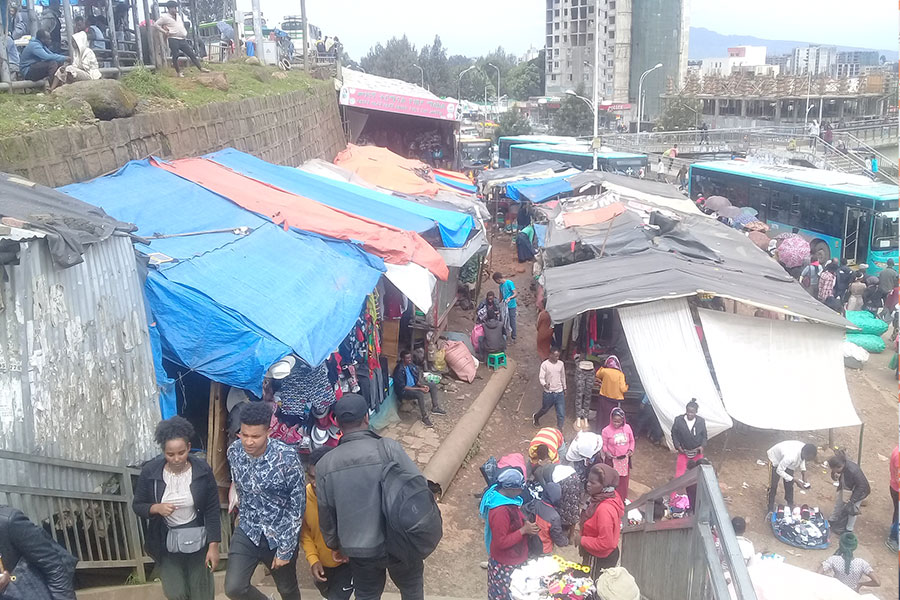
Radar | Sep 03,2022
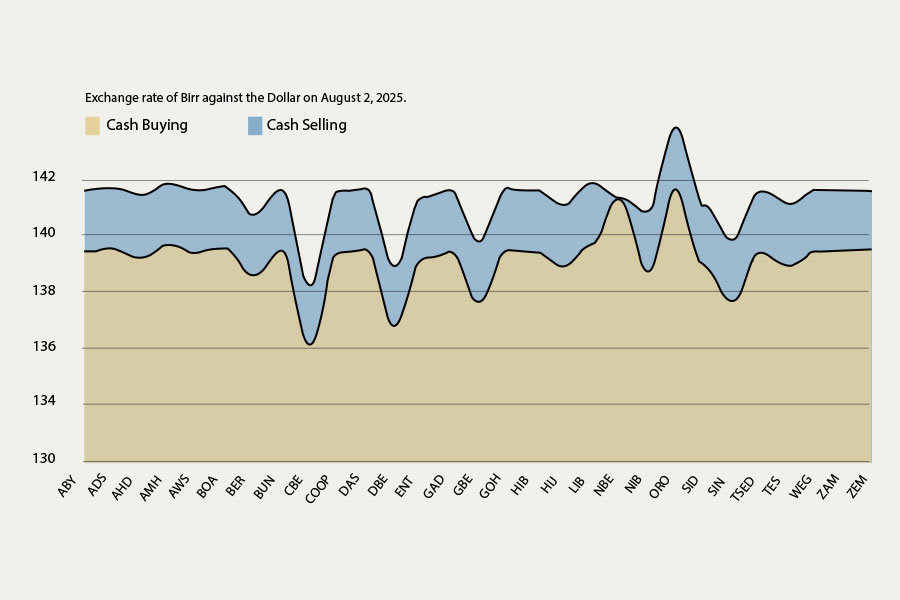
Money Market Watch | Aug 17,2025
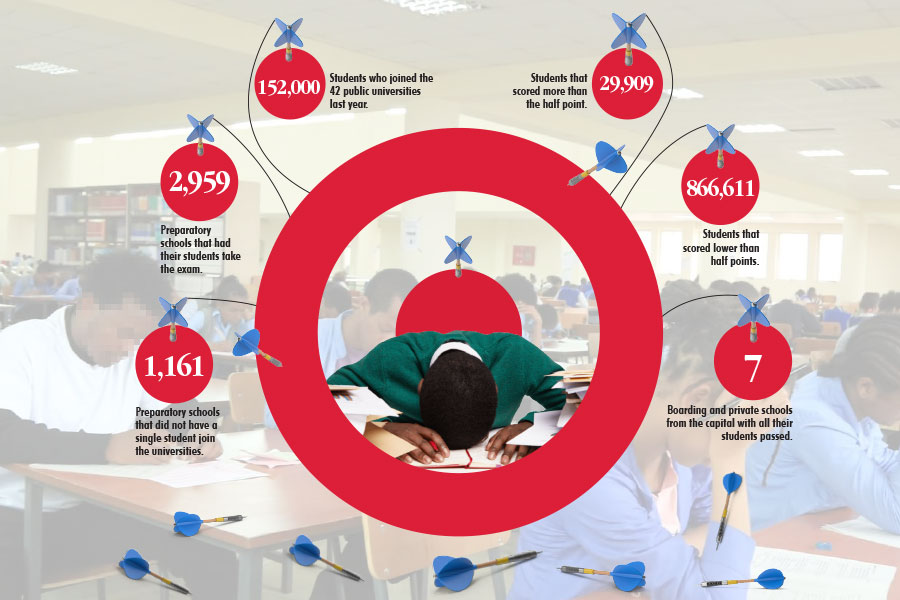
Fortune News | Feb 04,2023
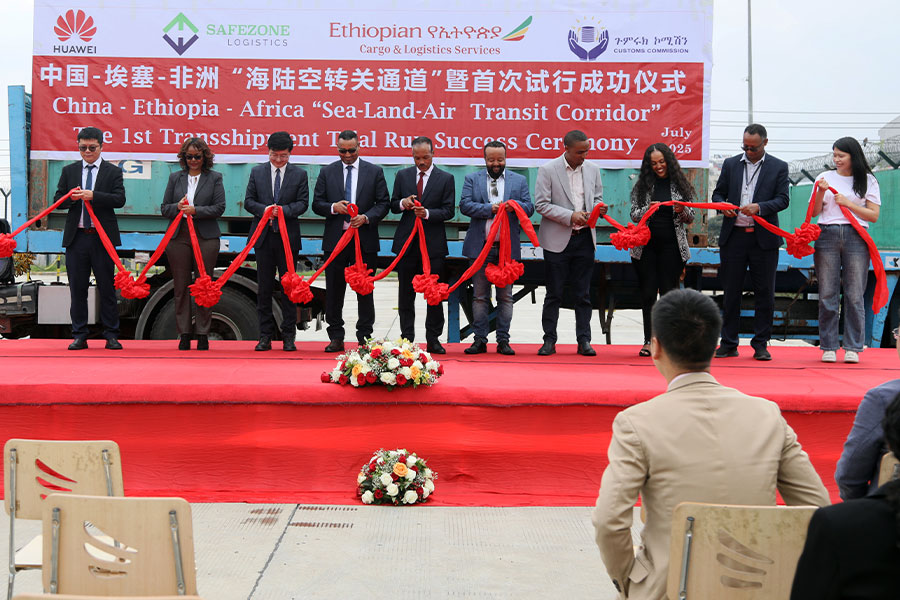
Fortune News | Jul 13,2025

Radar | Jul 17,2022

Agenda | May 20,2024
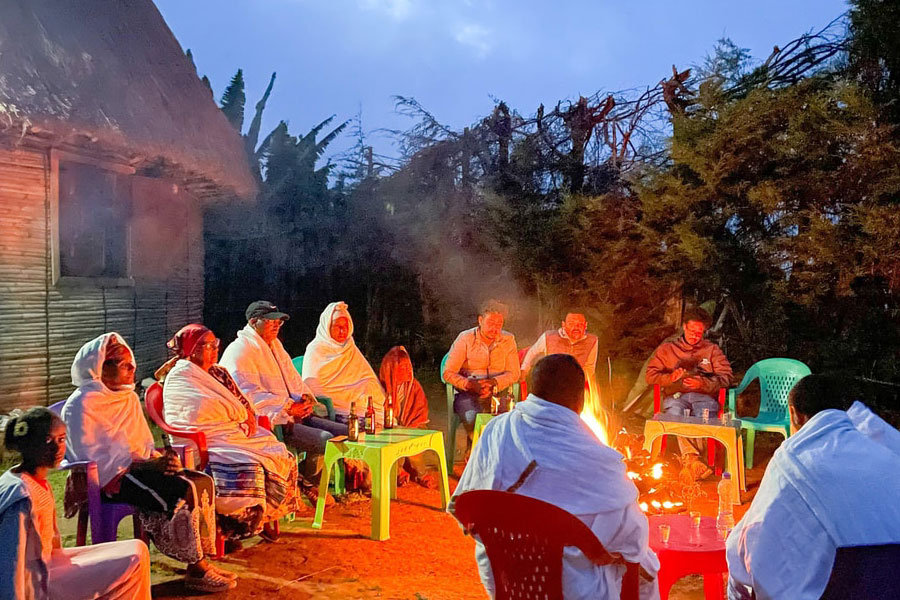
Agenda | Sep 28,2024

Viewpoints | Oct 15,2022

Viewpoints | Jul 07,2024

Photo Gallery | 178235 Views | May 06,2019

Photo Gallery | 168440 Views | Apr 26,2019

Photo Gallery | 159217 Views | Oct 06,2021

My Opinion | 137056 Views | Aug 14,2021
Commentaries | Oct 25,2025

Dec 22 , 2024 . By TIZITA SHEWAFERAW
Charged with transforming colossal state-owned enterprises into modern and competitiv...

Aug 18 , 2024 . By AKSAH ITALO
Although predictable Yonas Zerihun's job in the ride-hailing service is not immune to...

Jul 28 , 2024 . By TIZITA SHEWAFERAW
Unhabitual, perhaps too many, Samuel Gebreyohannes, 38, used to occasionally enjoy a couple of beers at breakfast. However, he recently swit...

Jul 13 , 2024 . By AKSAH ITALO
Investors who rely on tractors, trucks, and field vehicles for commuting, transporting commodities, and f...

Oct 25 , 2025
The regulatory machinery is on overdrive. In only two years, no fewer than 35 new pro...

Oct 18 , 2025
The political establishment, notably the ruling party and its top brass, has become p...

Oct 11 , 2025
Ladislas Farago, a roving Associated Press (AP) correspondent, arrived in Ethiopia in...

Oct 4 , 2025
Eyob Tekalegn (PhD) had been in the Governor's chair for only weeks when, on Septembe...

Oct 25 , 2025 . By YITBAREK GETACHEW
Officials of the Addis Abeba's Education Bureau have embarked on an ambitious experim...

Oct 26 , 2025 . By YITBAREK GETACHEW
The federal government is making a landmark shift in its investment incentive regime...

Oct 29 , 2025 . By NAHOM AYELE
The National Bank of Ethiopia (NBE) is preparing to issue a directive that will funda...

Oct 26 , 2025 . By SURAFEL MULUGETA
A community of booksellers shadowing the Ethiopian National Theatre has been jolted b...